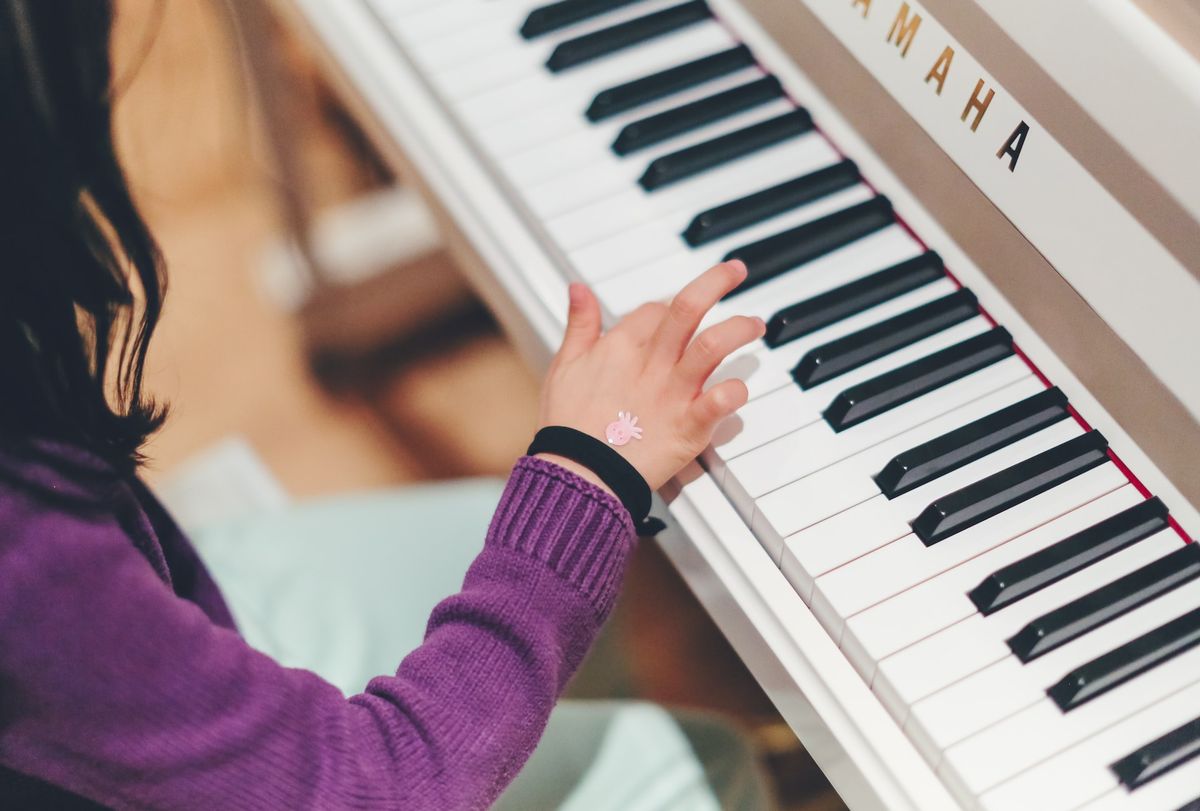Why Children Should Learn An Instrument

Playing a musical instrument provides children with so many benefits that positively impact their development. From enhancing academic skills to boosting confidence, I believe learning an instrument should be encouraged from a young age. Here's why:
Discipline and Patience
Learning an instrument requires dedication and routine. It also teaches patience as success on an instrument takes time. These skills pave the way for success in school and beyond.
Memory and Concentration
Memorising sheet music, chords and songs challenges a child's developing brain and memory. The concentration needed to repeatedly listen and perfect tunes and rhythms also improves focus and listening abilities.
Creativity and Self-Expression
Playing music allows children to tap into their creative side and provides an emotional outlet. Composing songs gives them a means to express and find themselves. Performing also builds confidence and self-esteem.
Teamwork and Collaboration
Group music lessons and concerts let children engage with friends who share the same interests. Playing together in bands or orchestras helps reinforce the importance of teamwork and interpersonal skills.
Motor and Coordination Skills
Learning the finger positions and techniques to produce notes and rhythms enhances motor skills and hand-eye coordination.
Academic Concepts
Understanding music notation involves counting, dividing, and other maths skills. Learning about musical intervals, chords, and how harmony works also combines concepts from science. Playing an instrument can help what children learn in other lessons at school.
A Creative Pastime
Importantly, practicing and playing a musical instrument can give children a positive way to pass time versus less valuable activities like excessive phone use or video games.
Book a lesson with Ben here
